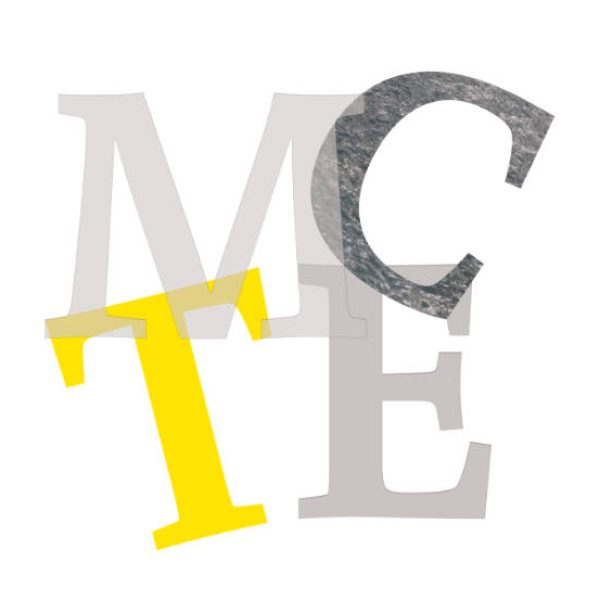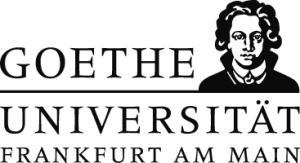Moving Cultures, Transcultural Encounters
Towards Transcultural Ecology: Learning | Reading
The ‘New World Literature’. The ‘Anthropocene’. Two of the most recent and most vitally flourishing critical concepts currently discussed in literary studies seem to demand a move towards a planetary scale. Not only may this move conflict with traditional tenets of poetics and interpretation because, as Dominic Head says, the notion of the planetary ‘may contradict the way in which the novel’s role as a social medium is usually articulated’ (2000, 237). It moreover leads to ‘derangements of scale,’ as Timothy Clark has repeatedly shown: When we talk, for instance, about environmental crises and the global, the novel’s ‘scale includes the whole earth but when it comes to relating the threat to daily questions of politics, ethics or specific interpretations of history, culture, literature, etc., the map is often almost mockingly useless’ (2012, 148-9).
In this light, I suggest a notion of transcultural ecology that draws on both postcolonial and cultural-ecological writing on scale and suggest that we may learn to read novels on several, often contradictory, scales at once. Such an ecology needs to be transcultural in the sense that only a dialogue between various interpretive scales may provide insights on the blind spots in both postcolonial and ecocritical systems of thinking and imagining planetarity, and it needs to be transcultural in the sense of being aware that the very distinction between different cultures implies an a priori notion of cultural difference that, again, has its place on a particular scale as well. This will allow us to take full advantage of the ‘trans-’ of transculturalism: not only through but also beyond what is usually captured by the term ‘culture.’
Clark, Timothy (2012). ‘Derangements of Scale’ in Telemorphosis. Theory in the Era of Climate Change, ed. Tom Cohen. Ann Arbor, MI: Open Humanities Press, 148-165.
Head, Dominic (2000). ‘Ecocriticism and the Novel’ in The Green Studies Reader. From Romanticism to Ecocriticism, ed. Laurence Coupe. London and New York: Routledge, 235-241.
Roman Bartosch is assistant professor at the University of Cologne, where he teaches Anglophone literatures and cultures and EFL methodologies. He has published on cultural ecology, education for sustainability and inclusion and is the author of EnvironMentality – Ecocriticism and the Event of Postcolonial Fiction (Rodopi 2013). He has recently edited a special issue of Anglistik – International Journal of English Studies, entitled Animal Poetics (2016), and is, together with Dominik Ohrem, currently editing the volume Beyond the Human-Animal Divide – Creaturely Lives in Literature, History, and Culture, forthcoming with Palgrave Macmillan.


